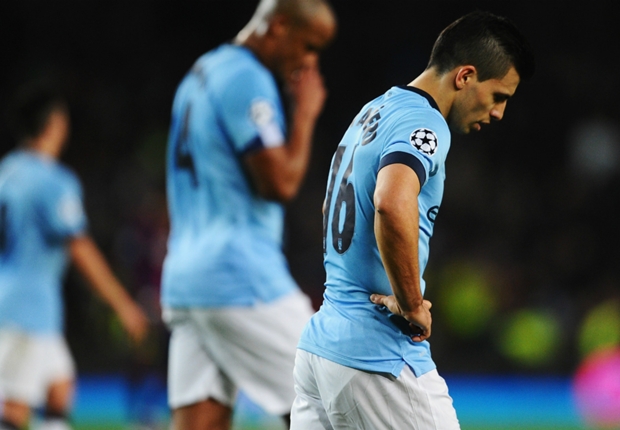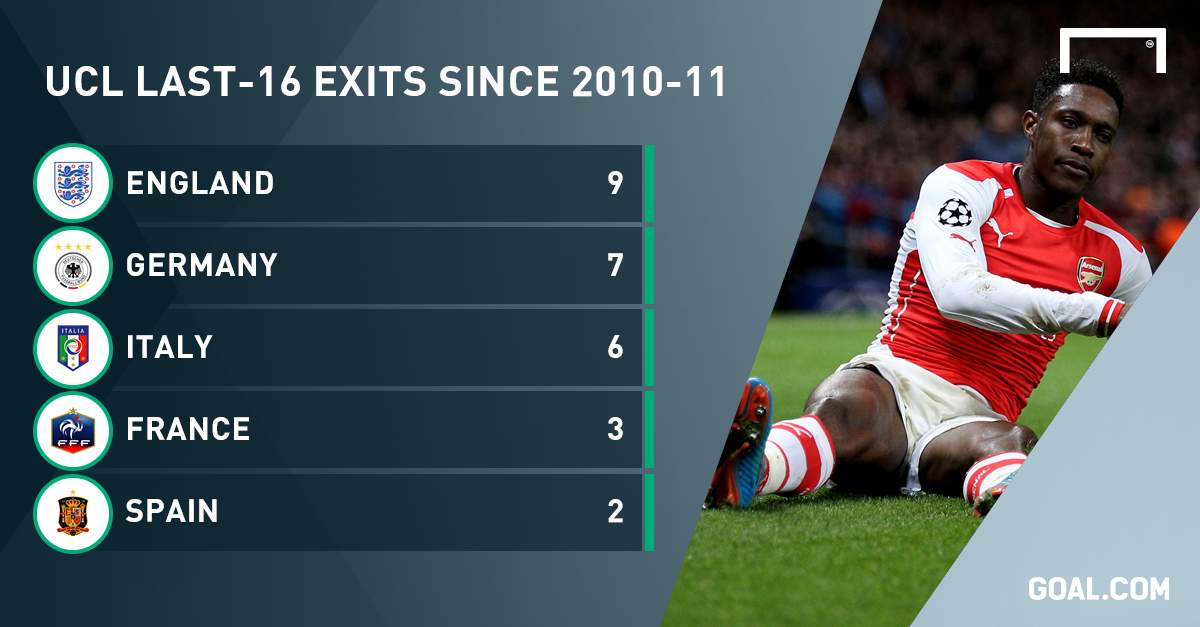
The Spanish giants could have won by more on the night and no clubs in the quarter-finals of the Champions League shows English football has much to do
For all the posturing, the end product is still woefully short of substance. The Premier League - with more money than it knows what to do with - has no representatives left in the Champions League after Barcelona’s victory over Manchester City on Wednesday. It was all so very predictable in the end.
The assertion that Premier League clubs have massively underachieved in Europe for far too long can no longer be challenged. For a country which has led the way off the pitch in its marketing of the modern game to fail so spectacularly on it is nothing short of unforgivable.
For all the posturing, the end product is still woefully short of substance. The Premier League - with more money than it knows what to do with - has no representatives left in the Champions League after Barcelona’s victory over Manchester City on Wednesday. It was all so very predictable in the end.
The assertion that Premier League clubs have massively underachieved in Europe for far too long can no longer be challenged. For a country which has led the way off the pitch in its marketing of the modern game to fail so spectacularly on it is nothing short of unforgivable.
The wonderful thing about football is that you can have all the pioneering business models and record-breaking broadcasting contracts in the world and it will still mean absolutely nothing if you do not deliver on the field. The most lucrative domestic competition the Premier League may well be, but it has delivered the most laughable collection of European performances this season.
And we shouldn’t be surprised. In the past decade, 20 English clubs have reached the quarter-finals of the Champions League. Yet only two went on to win the competition, with one of those triumphs – Manchester United’s in 2008 – coming against domestic rivals. When Premier League clubs have faced a big European night in less familiar surroundings, they have generally fallen flat on their faces.
The winning mentality has been severely lacking for some time, with Arsenal typifying the culture of glorious failure which permeates throughout English football. In four successive last-16 ties they have left the continental stage patting themselves on the back for their second-leg performances in losing efforts, ignoring their culpability for spectacular first-leg failures. In the heat of battle they have an atrocious record, only managing to play their natural game when all is already lost.
But they will no doubt finish in the top four of the Premier League again, and once more their mediocrity will be celebrated. Next season they will probably qualify from their group only to freeze when the going gets tough. That is the Arsenal way. In fact, it is the English way. No introspection, just an accentuating of irrelevant, miniscule positives.

Chelsea were talked up as a winning squad carrying England’s greatest hopes before their exit to 10-man Paris Saint-Germain in a tie during which they showed remarkable naivety, while Manchester City did what Manchester City do, folding at the first sign of a true European giant. As for Liverpool’s efforts in both the Champions League and the Europa League, the less said the better.
In two successive editions in 2007-08 and 2008-09, the Premier League had all four of its representatives in the quarter-finals. On both occasions, conspiracy theorists suggested an all-England tie had been set up in order to put a branch in the juggernaut’s spokes. It was a ridiculous theory then and is a distant dream now.
This time around there will be no English names in the pot for the last eight, with Everton a 1-0 defeat away from leaving the Europa League draw with a similar complexion.
Even the much-derided Italian and Portuguese leagues have teams in the Champions League quarter-finals, despite the social conditions – in Italy in particular – being far less conducive to winning football. The failure of Premier League clubs is inexcusable given the riches afforded them.
But few of the EPL’s money men will care about the state of their continental challenge for as long as their pockets continue to be lined by TV money. In their minds, the Champions League is already secondary to maintaining the pretence that everybody really wants to watch the Premier League more, and the more people buy into their way of thinking the more pathetic performances in Europe will be tolerated.
When the new €6.9 billion broadcasting deal kicks in in 2016, there will be even more reason to accept European failure in favour of strengthening the brand of the richest league in the world.
English football is rapidly becoming more about the product than the result, which is no bad thing since its clubs cannot buy one in Europe.

No comments :
Post a Comment